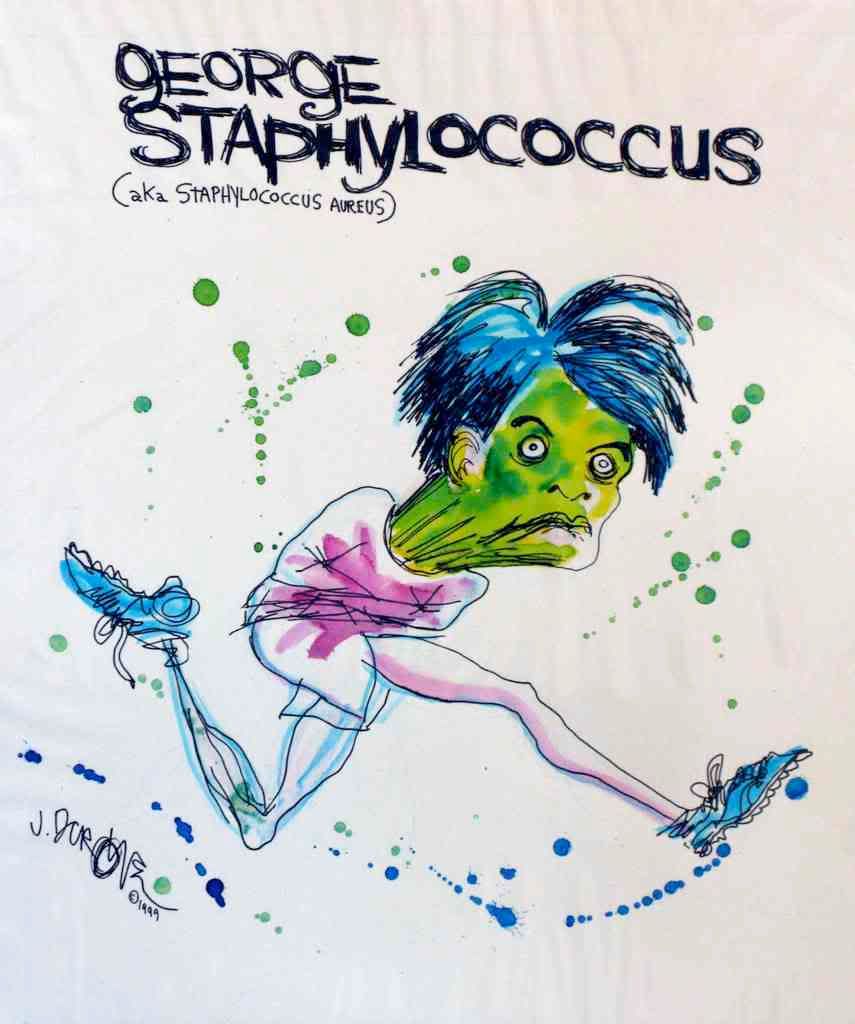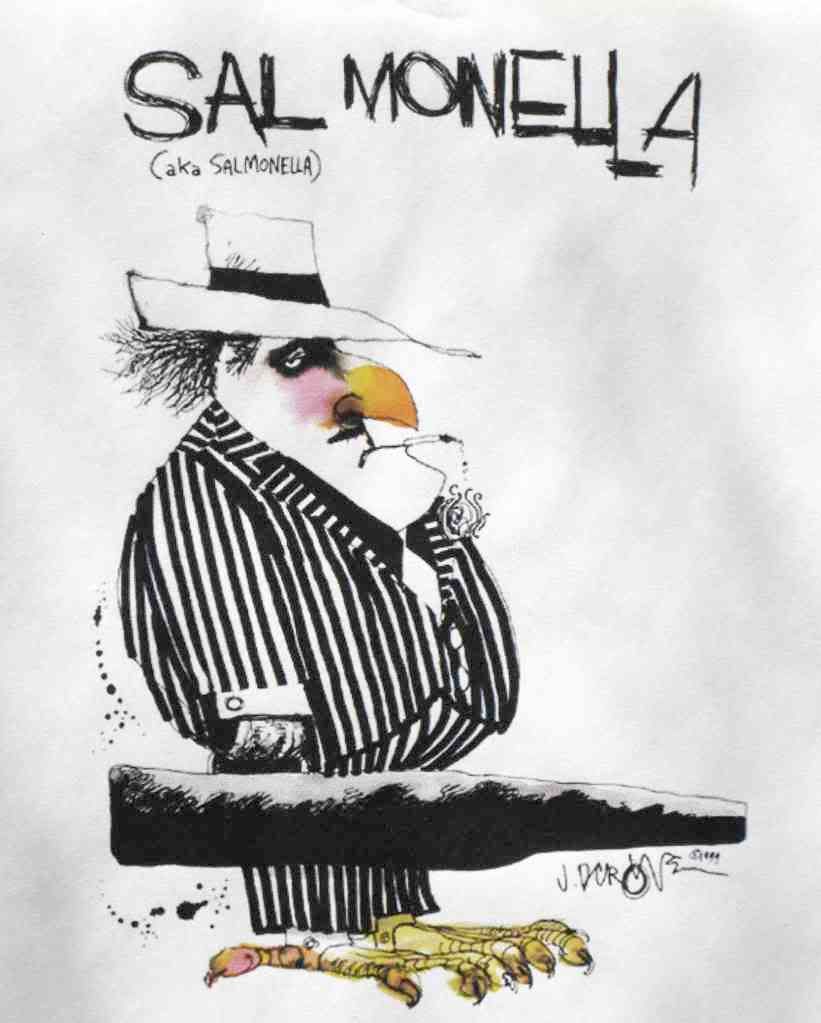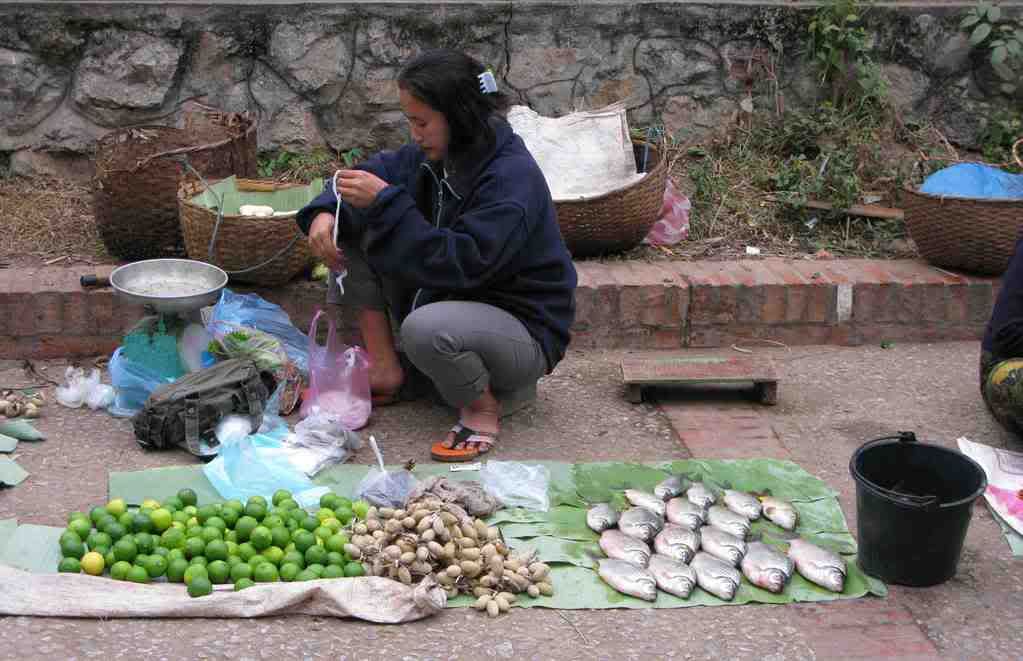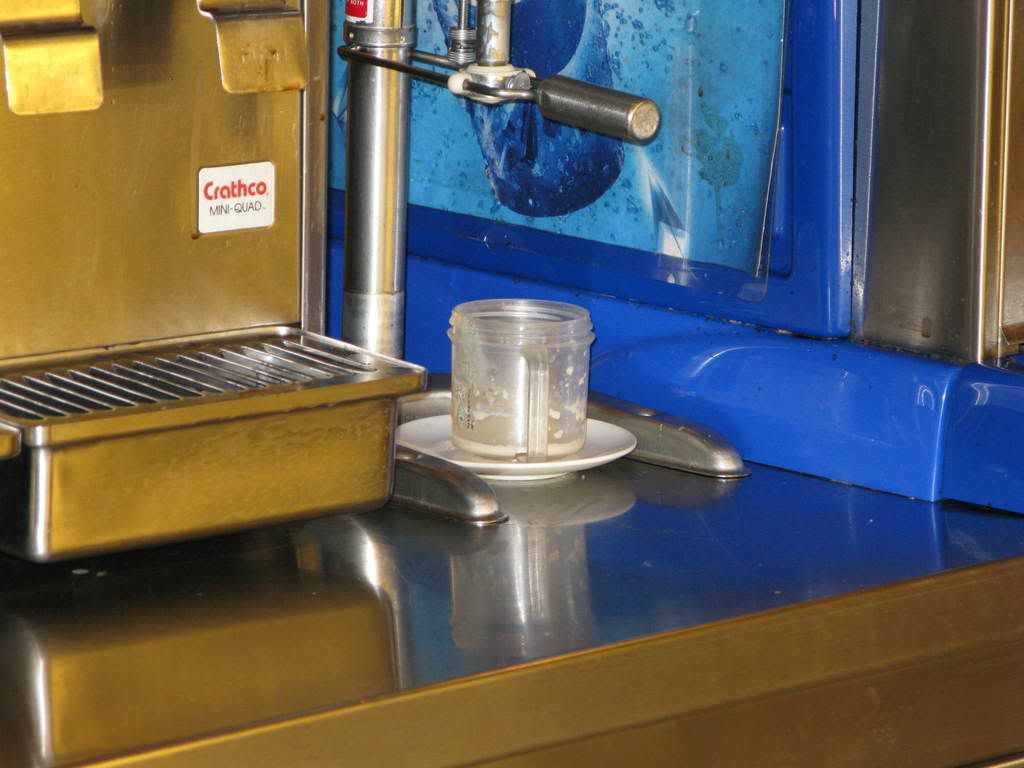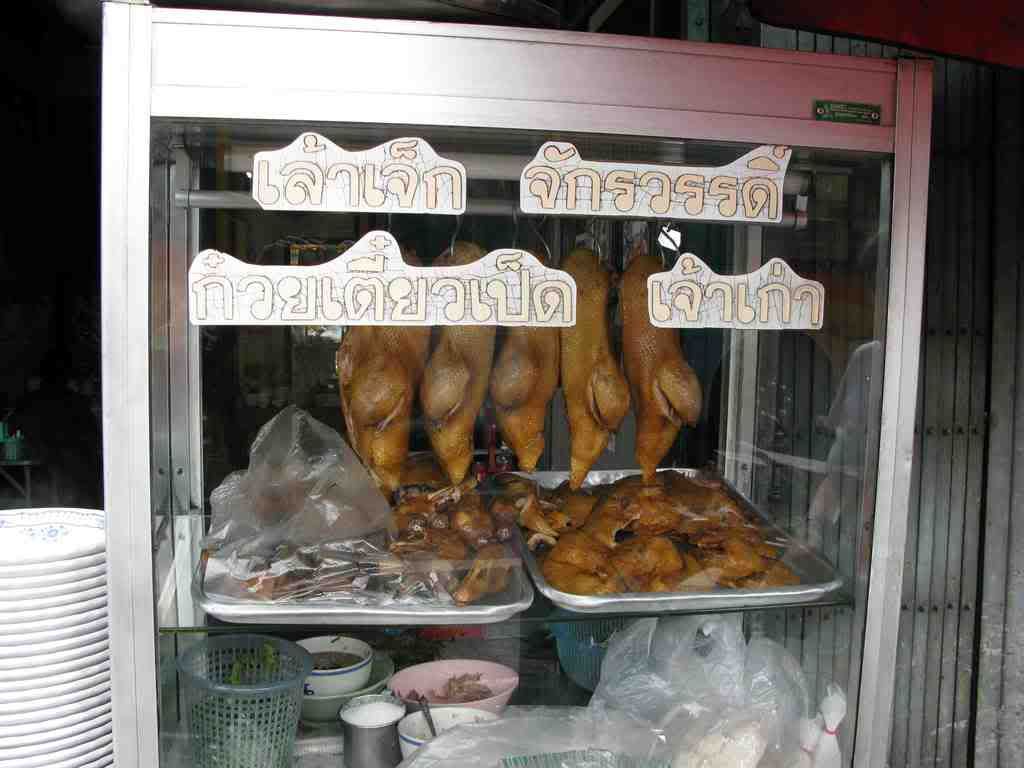 Here is today's list of food safety recalls, product withdrawals, allergy alerts and miscellaneous compliance issues. The live links will take you directly to the official recall notices and company news releases that contain detailed information for each recall and alert.
Here is today's list of food safety recalls, product withdrawals, allergy alerts and miscellaneous compliance issues. The live links will take you directly to the official recall notices and company news releases that contain detailed information for each recall and alert.If you would like to receive automatic email alerts for all new articles posted on eFoodAlert, please click here or submit your request using the sidebar link. Please include "subscribe eFoodAlert" in the subject line.
For information on the US Salmonella Enteritidis outbreak and egg recalls, please click here.
For information on the Abbott infant formula powder recall, please click here.
United States
- Food Safety Recall: California Department of Public Health publishes a detailed list of retail locations in the state where Abbott's recalled Similac and Isomil were sold.
Europe
- Food Safety Alert (Denmark): The Food Safety Authority alerts consumers to the unauthorized sale of bottled fruit and vegetables, which appear to have been produced in a private home. The production site is unknown. The bottled items, which includes pickled gherkins, pickled pumpkin, pickled cucumbers, marmalade and jam, may have been produced under unsanitary conditions, and there is no ingredient list or declaration of possible allergens or additives.
- Food Safety Recall (Denmark): Inco Kød recalls various cured meats after Salmonella was detected during routine bacteriological tests carried out by the company. The recalled items are labeled with packaging dates from 13.09.2010 to 28.09.2010 and were sold to wholesalers, caterers, institutional kitchens, canteens, cafes and restaurants.
- Food Safety Recall (Denmark): Bornholms A/S recalls Officer Rogn canned roe, 200g (Produced 15-09-2010; Expiry 31-12-2013; Lot #L258N) because there is a risk that some of the cans may become swollen due to air formation. Swollen cans are always unfit for human consumption due to the risk of disease-causing bacteria.
- Food Safety Notification (EU #2010.1311): Deoxynivalenol (mycotoxin) in cous cous from Italy; distributed to Austria, France, Germany, Israel, the Netherlands, Slovenia, South Africa and Spain.
- Food Safety Notification (EU #2010.1313): Diarrhoeic Shellfish Poisoning (DSP) toxins in mussels from Italy; distributed to Italy and Spain.
- Animal Feed Safety Notification (EU #2010.1314): Salmonella London in rape seed meal from Germany, via Poland; distributed to Finland.
- Food Safety Notification (EU #2010.1315): Parasitic infestation with Anisakis and with nematodes of frozen glaze (Merluccius hubbsi) from Lithuania, with raw material from Argentina; distributed to Estonia and Lithuania.
- Food Safety Notification (EU #2010.1316): Semicarbazide in soft shell crabs from Vietnam; distributed to the United Kingdom.
- Food Safety Notification (EU #2010.1317): Carbon monoxide treatment of tilapia fillets from Indonesia, via the Netherlands; distributed to Germany.
- Animal Feed Safety Notification (EU #2010.1318): Salmonella in soyabean meal from Argentina; distributed to Poland.
- Food Safety Notification (EU #2010.1319): Listeria monocytogenes in raw spiced salmon from Poland, via Denmark; distributed to Denmark and Sweden.
- Food Safety Notification (EU #2010.1320): Parasitic infestation with Anisakis and with nematodes of frozen hake (Merluccius hubbsi) from Spain, via Latvia; distributed to Lithuania.
Asia, Africa and the Pacific Islands
- Food Safety Notification (EU #2010.1311): Deoxynivalenol (mycotoxin) in cous cous from Italy; distributed to Austria, France, Germany, Israel, the Netherlands, Slovenia, South Africa and Spain.
Some supermarket chains post recall notices on their web sites for the convenience of customers. To see whether a recalled food was carried by your favorite supermarket, follow the live link to the supermarket's recall web site.
- A&P
- Big Y® World Class Market®
- BJ's Wholesale Club, Inc.
- Bloom
- Brookshire's
- Costco Wholesale Corporation (US stores)
- Costco Wholesale Canada Ltd.
- EDEKA (Germany)
- Food City
- Food Lion
- Giant Food LLC
- Gros Cidac (Italy)
- Hannaford Brothers Co.
- Harris Teeter
- H-E-B
- The Kroger Company*
- Price Chopper
- Raley's
- Roundy's Supermarkets, Inc.
- Sainsbury's
- ShopRite
- Stop & Shop
- Sweetbay Supermarkets
- Target
- Top Food & Drug
- Tops Friendly Markets
- Wal-Mart Stores, Inc.
- Wegmans
- Whole Foods Market
- WinCo Foods
- Winn-Dixie Stores, Inc.
*The Kroger umbrella encompasses numerous supermarket, marketplace and convenience store chains, listed on the Kroger corporate home page.
